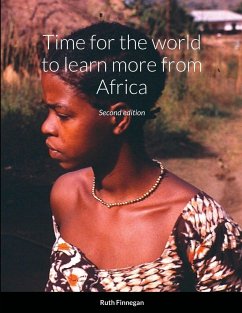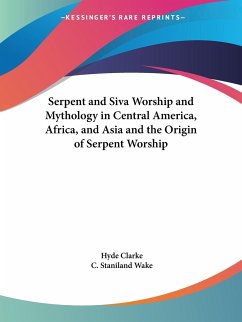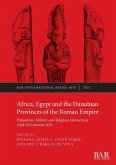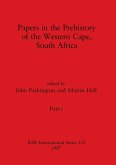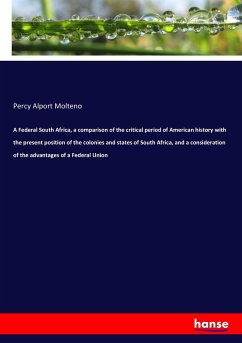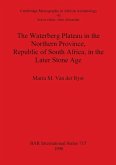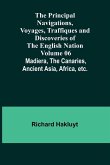It is a common notion that Africa has, and indeed ought to have, learned much from the west. This is not wrong; all cultures rightly learn from each other. But less is said of what there is to learn from Africa: from her stories, myths, music, proverbs, insights - and more. Here an acclaimed African scholar steps into the gap with a prize winning account that uncovers something of the great legacy of African thought and practice in ways that will astonish many. Written with verve and authority and directed above all to students and sixth formers, this book will also delight and often surprise those who know something of Africa as well as those hitherto ignorant.
Hinweis: Dieser Artikel kann nur an eine deutsche Lieferadresse ausgeliefert werden.
Hinweis: Dieser Artikel kann nur an eine deutsche Lieferadresse ausgeliefert werden.

